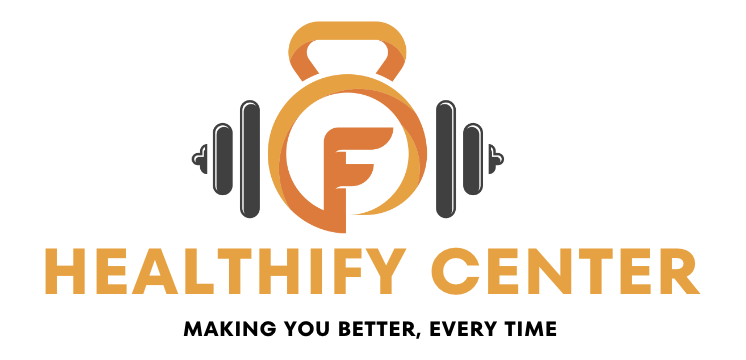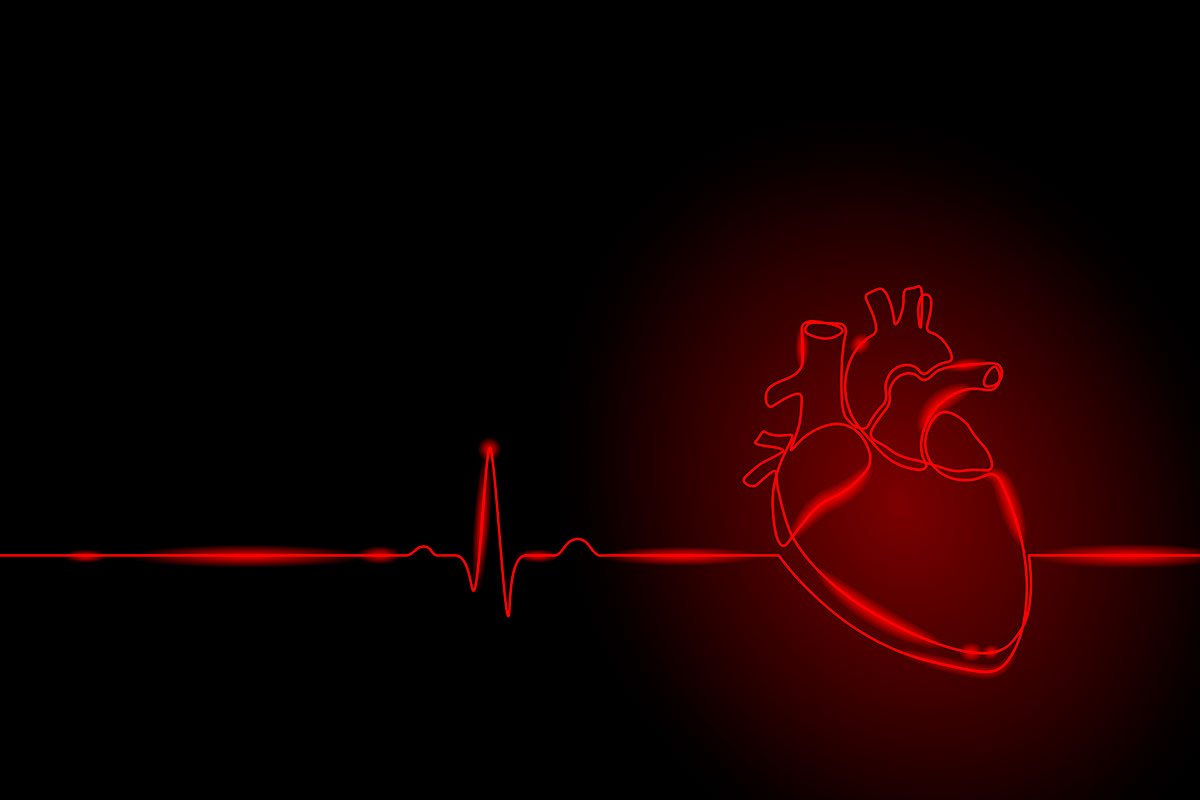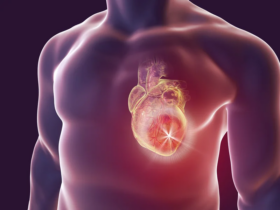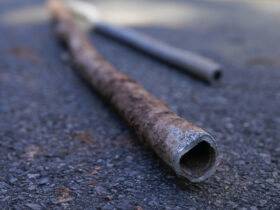United States: According to the latest research report, it has been found that middle-aged people are more susceptible to having a dangerous heart rhythm disorder called atrial fibrillation.
More about the finding
The research has found that more than one-fourth of patients at the University of Pittsburgh Medical Center (UPMC) have been looking for health care for the A-Fib disorder for the past ten years, who happen to be younger than 65 years of age.
Moreover, as much as 2 percent more of the prevalence of A-Fib is noticed in non-seniors, as per the researcher.
Dr. Aditya Bhonsale, lead researcher and a UPMC cardiac electrophysiologist, said, “Common knowledge among cardiologists is that, in people under 65, A-Fib is extremely uncommon and not detrimental. But there really hasn’t been any data to back that up,” as the US News reported.
Younger patients are more susceptible to dying

Aside from that, the study confirmed that those who are in their thirties with this condition are more prone to death or hospitalization due to heart failure, stroke, or heart attack.
Atrial fibrillation is a too-fast and irregular palpitation in the upper chambers of the heart. The complication significantly enhances heart issues like heart failure and stroke.
Bhonsale added, “At UPMC, we’ve been seeing a lot more young patients with A-Fib in recent years and have been interested in understanding the real-world clinical course of these individuals.”
How was the study conducted?
The study reviewed the electronic health records of more than 67,000 patients who underwent ablation procedures for A-Fib at the UPMC between 2010 and 2019.
During this period, the 30 percent to 50 percent more men with A-Fib, on average, demonstrated a worse prognosis compared to those not affected by the condition.
The A-Fib diagnosis was one less blow to the women, for it was mortal in a rather unusual way: the survival rates were 40 percent for those with the heart rhythm disorder, while at least three times more, the situation was worse for the others without A-Fib.
Their subjects also shared with the above enemies of coronary heart disease, such as smoking, obesity, high blood pressure, and sleep apnea.
Dr. Sandeep Jain, the senior researcher and the director of cardiac electrophysiology at the UPMC Heart and Vascular Institute, said, “We are optimistic that data from this study will foster future investigation to evaluate optimal therapies for patients with A-Fib,” as the US News reported.













Leave a Reply